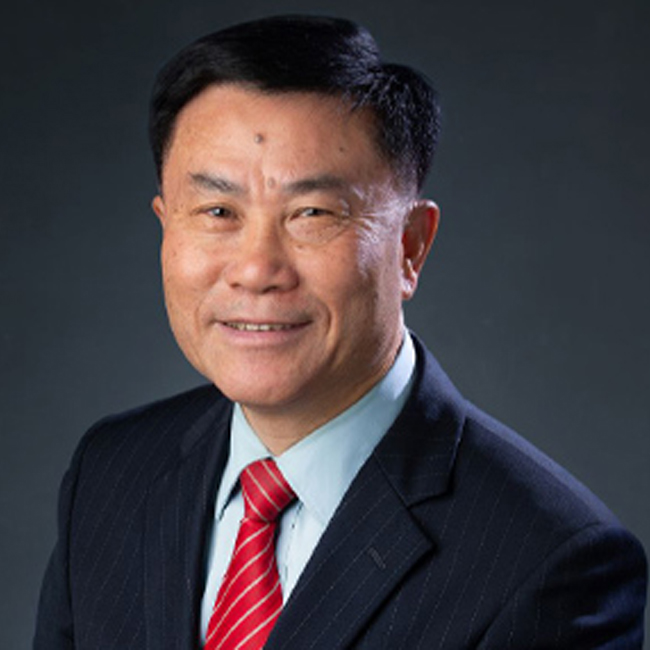
Professor Leonard K Cheng
This year, higher education institutions around the globe have switched from classroom teaching to online classes in an attempt to ensure continuity of learning in the face of the COVID-19 outbreak. Throughout 2020, Lingnan University has reacted and adapted to fluctuating coronavirus risk levels, with purely online teaching initiated in late January, and a hybrid mode of face-to-face and real-time online teaching commencing in September. But what about other required, or highly recommended, elements of the academic experience that usually occur off campus, or even outside the institution’s home country?
In his contribution to Lingnan University’s Global Higher Education Webinar Series, Lingnan’s President, Professor Leonard K Cheng, set out his university’s response to the question of what can and should be done beyond the provision of online classes. Prior to the onset of the pandemic, Lingnan had offered its students a co-curricular Integrated Learning Program (ILP), whose intended learning goal is whole-person development, along with opportunities for community service, internships and global experience.
The ILP activities offered each year can be grouped into six areas: civic education and leadership development; physical education and well-being; residential education; aesthetic development; social and emotional well-being; and intellectual and entrepreneurship development.
When, in the second term and the summer term of the 2019-20 academic year, face-to-face ILP activities were moved online, the total number of students participating actually rose from 11,000 to 12,849, as online activities aren’t limited by the scale of physical facilities. Now, in light of a more stable COVID-19 situation, ILP activities will be delivered in both online and face-to-face modes.
However, Professor Cheng admits, there has been a rethink around community service."Some community partners might not want our students to physically go there [to their facilities]," he said. New modes of delivery, such as via a tele-format, have, therefore, had to be found.
The Lingnan Entrepreneurship Initiative (LEl) has been focusing on some COVID-19-relevant projects. For Project Ultra Violite, devices using ultraviolet technology have been built to provide free disinfection services for households living in crowded conditions, such as in the city’s subdivided units. While the LEI's transparent face mask/shield will enable children with hearing impairment to still see, and therefore read, their teachers' lips.
Further afield, Lingnan graduates already participating in the"United Nations Volunteers - Hong Kong Universities Volunteer Internship Programme" have continued their humanitarian work at UN agencies and field units overseas. And a team of Lingnan students, in partnership with local NGOs and community members, set up a social enterprise in Bukomansimbi, Uganda, to develop and test a water-tank product.
Though Lingnan has stayed connected with its Mainland and overseas partners via online forums and meetings, at some point in their studies 85% of Lingnan students would normally have gone abroad for exchange visits. Instead, Lingnan students have been remotely participating in online courses and cultural exchange programmes organised by partner institutions in Chile, Czech Republic, Finland, Germany, Japan, Mainland China and the United States.
When it comes to students’ career development, Professor Cheng explained that career education, job-hunting training, consultation sessions with mentors, and recruitments talks and workshops, had all moved online. Lingnan have also funded the bulk of a range of online internships on projects for overseas enterprises and organisations, in a programme whose slogan, he noted, was: “Stay local, work global, think glocal”.
Professor Cheng also pointed out that the university’s Student Services Centre had solicited 150 employment/internship vacancies for its 2020 graduates, and, by the beginning of October, over 50% of graduates had secured graduate placements or decided to undertake further studies.
The Global Higher Education Webinar Series is co-organised by Lingnan University School of Graduate Studies, Institute of Policy Studies, and Asia Pacific Higher Education Research Partnership. Six internationally renowned scholars are invited to discuss the impacts of COVID-19 pandemic on global higher education.


